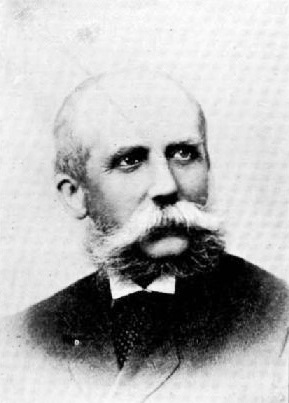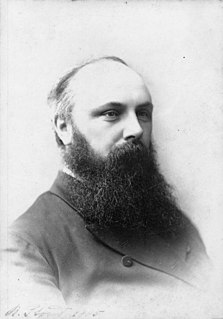
The New Zealand general election of 1896 was held on Wednesday, 4 December in the general electorates, and on Thursday, 19 December in the Māori electorates to elect a total of 74 MPs to the 13th session of the New Zealand Parliament. A total number of 337,024 (76.1%) voters turned out to vote.
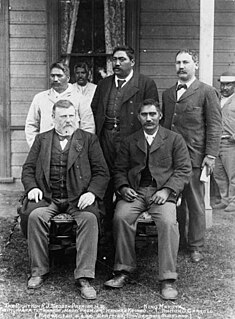
Henare Kaihau was a New Zealand Māori politician, serving as Member of the House of Representatives for the Western Maori electorate.

Invercargill is an electorate of the New Zealand Parliament that has existed since 1866. Since the 2014 election, the electorate's representative is Sarah Dowie of the National Party.

A by-election was held for the Awarua electorate on 5 August 1897, for the seat vacated by Joseph Ward, which he had held since 1887. Despite having had to resign due to bankruptcy, he exploited a legal loophole and was re-elected to the 13th New Zealand Parliament.

Thomas William Hislop was the Mayor of Wellington from 1905 to 1908, and had represented two South Island electorates in the New Zealand Parliament.
Bay of Islands is a former New Zealand parliamentary electorate. It existed during various periods between 1853 and 1993. It was thus one of the original 24 electoral districts, and New Zealand's first ever MP was elected, although unopposed, in the Bay of Islands; Hugh Carleton thus liked to be called the Father of the House.
Awarua was a New Zealand parliamentary electorate from 1881 to 1996.
Avon is a former New Zealand parliamentary electorate. It was created for the 1861 general election and existed until 1996. It was represented by 13 Members of Parliament and was held by Independents, Liberal Party or Labour Party representatives.
Lyttelton is a former New Zealand parliamentary electorate. It existed from 1853–90, and again from 1893–1996, when it was replaced by the Banks Peninsula electorate.
Port Chalmers then Chalmers was a parliamentary electorate in the Otago Region of New Zealand, from 1866 to 1938. It was centred on the town of Port Chalmers, the main port of Dunedin and Otago.
Wairau was a parliamentary electorate in the Marlborough Region of New Zealand. It was one of the initial 24 New Zealand electorates and existed from 1853 until its abolition in 1938, when it was succeeded by the Marlborough electorate. The electorate had 13 representatives during its existence. The 1861 election in the Wairau electorate was notable in that a later Premier, Frederick Weld, was unexpectedly and narrowly defeated by William Henry Eyes.

The 22nd New Zealand Parliament was a term of the New Zealand Parliament. Its composition was determined by the 1925 election, and it sat until the 1928 election.
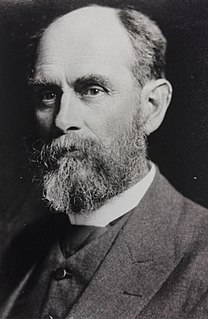
Edmund Harvey Taylor was a Liberal Party Member of Parliament in New Zealand.
Wellington Suburbs was a parliamentary electorate in Wellington, New Zealand. It existed from 1893 to 1902, then from 1908 to 1911, and from 1919 to 1946. The electorate was represented by six Members of Parliament.
Wellington, was a parliamentary electorate in Wellington, New Zealand. It existed from 1853 to 1905 with a break in the 1880s. It was a multi-member electorate. The electorate was represented, over the years, by 24 Members of Parliament.
Oamaru was a parliamentary electorate in the Otago region of New Zealand, during three periods between 1866 and 1978.
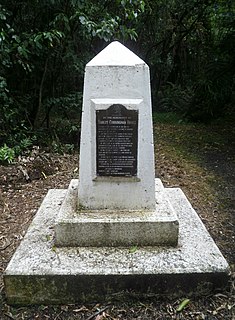
Robert Cunningham Bruce was a Scottish-born sailor, New Zealand politician and conservationist.
James Mackintosh was a 19th-century Liberal Party Member of Parliament in Southland, New Zealand.

The 13th New Zealand Parliament was a term of the New Zealand Parliament. It was elected at the 1896 general election in December of that year.

This is a summary of the electoral history of Sir Joseph Ward, Prime Minister of New Zealand, Leader of the Liberal Party and Member of Parliament for Awarua (1887–1919) and Invercargill (1925–1930).
